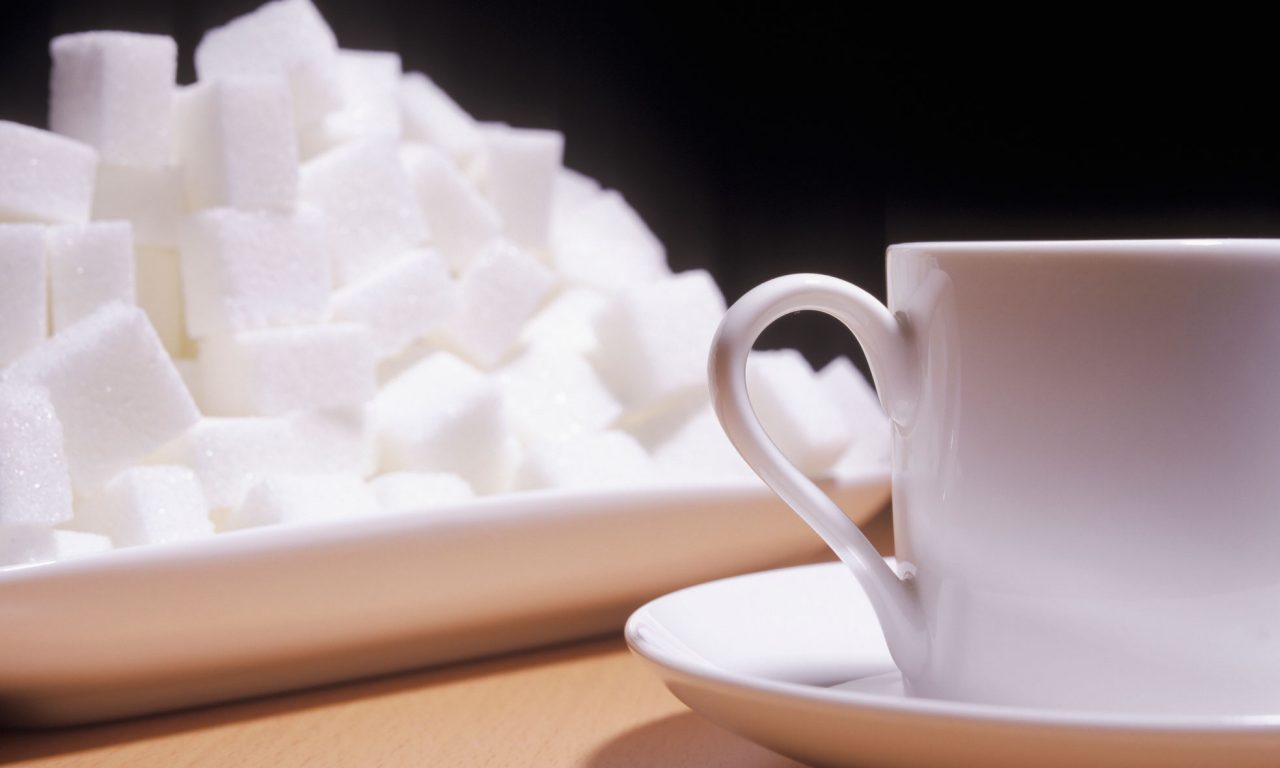Does Sugar Feed Cancer?

Researchers are asking, "Does sugar feed cancer?" Here's what you should know about sugar and cancer.
Sugar is a carbohydrate, one of the essential macronutrients that provides energy for the human body.
Carbohydrates are found in starchy foods and vegetables, such as bread, grains, rice, potatoes, beans, and corn. They are also found in fruits and dairy. Many of these foods are sweet-tasting because of the sugar in them.
YOU MIGHT ALSO LIKE: Our Cancer Care Section
There are multiple types of sugars, including sucrose (table sugar), lactose (sugar from dairy), and fructose (sugar from fruit). When you eat carbohydrates, your body breaks down these sugars and converts them to glucose. Your body uses glucose for easily accessible fuel. That’s why sugary foods provide a quick burst of energy.
Carbohydrates are often ranked based on the glycemic index, or GI. This system measures how much a specific food raises the level of glucose in your blood. A high-GI food contains more sugars and raises your glucose levels more than a low-GI food. Low-GI foods include many fruits and vegetables, whole wheat, and oatmeal. High-GI foods include white bread, sugary cereals, soda, fruit juice, and potatoes.
Does sugar feed cancer?
While carbohydrates are necessary for your body to function properly, studies have found that eating too many sugars can have a negative impact on your health. Some research even indicates that high sugar consumption may put you at risk for certain types of cancer.
Research published in early 2016 about sugar and cancer by the MD Anderson Cancer Center found that consuming a high GI diet — a diet with a lot of sugar — was associated with an increased risk for lung cancer in non-Hispanic whites. Among participants who had never smoked, those with the highest GI diet were more than twice as likely to develop lung cancer as those who ate the lowest GI diet.
There is some evidence that food with added sugars poses the greatest risk. A study investigating both naturally-occurring and added sugars found a link between added fructose and cancer of the small intestine, as well as a link between all added sugars and esophageal cancer. However, researchers found that none of the naturally occurring sugars they examined were associated with a higher risk of colorectal or other major cancers.
Sugar intake may affect not just whether you develop cancer but also how your cancer progresses. One 2012 study of individuals with advanced incurable cancers found that restricting the carbohydrate intake of participants was associated with a partial remission or with their cancer stabilizing.
YOU MIGHT ALSO LIKE: How to Cut Back on Sugar
The American Institute for Cancer Research (AICR) encourages patients with cancer to talk to their doctors about diet, stating that “Even after a cell begins to experience damage that can lead to cancer, what you eat and drink… can still help short-circuit the cancer process.”
Other cancer risk factors
It is important to remember that sugar intake is not the only risk factor for cancer. Your family history, exposure to environmental toxins, behaviors such as smoking or exercising, and many other aspects of your health can influence the development of cancer.
One of the deadliest cancers in the United States is pancreatic cancer, with a five-year survival rate of less than 5 percent. For years it had few known risk factors other than smoking, until one study examined the relationship between a high-GI diet and pancreatic cancer. Though researchers did not find any link between the two for the general population, they did discover that high sugar intake was associated with an increased risk of pancreatic cancer among women who were overweight and sedentary.
Earlier research found similar results for colon cancer. The study’s authors found that high sucrose consumption was associated with developing colon cancer in both men and women, but that the risks were highest for participants who had a high body mass index and were not physically active.
Though these studies point to a relationship between high sugar consumption and cancer, scientists are still unsure of the way diet interacts with other risk factors like weight and physical activity. In many of their materials, the AICR points out that the danger of eating too much sugar could be in its link to obesity and insulin resistance, both of which are associated with a higher likelihood of cancer.
Still, diet is one of the few risk factors for cancer than you have complete control of, unlike family history or chemical exposure. As more research uncovers the links between diet and chronic disease, limiting your sugar intake might be one of the best tools you have for keeping yourself healthy and cancer free.
Updated:
March 30, 2020
Reviewed By:
Christopher Nystuen, MD, MBA